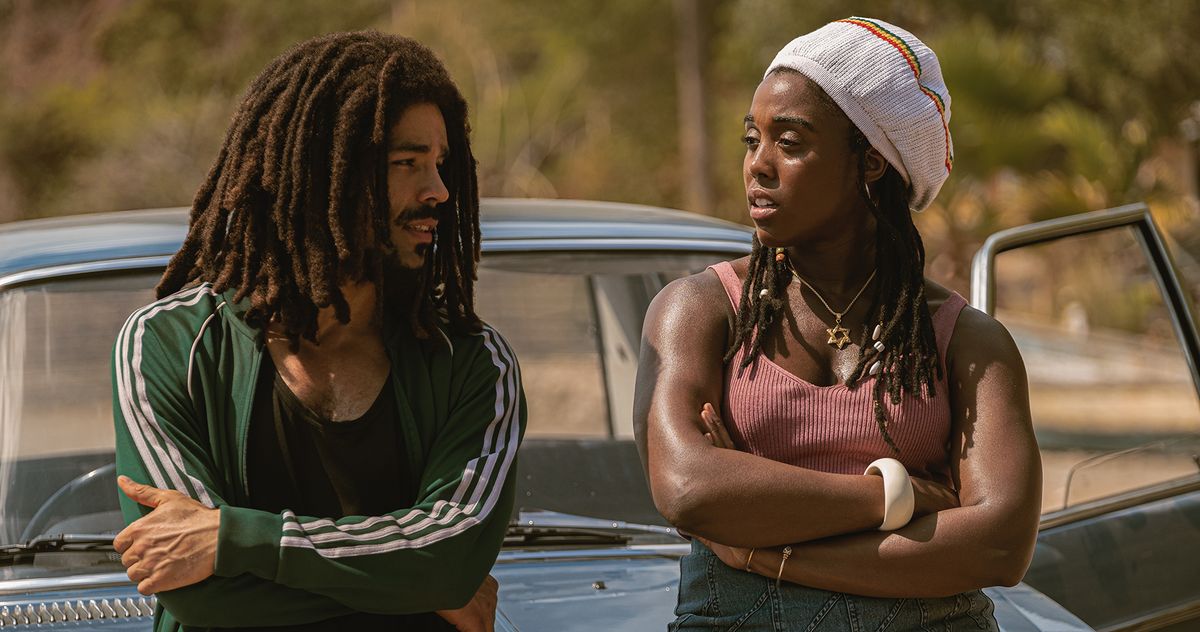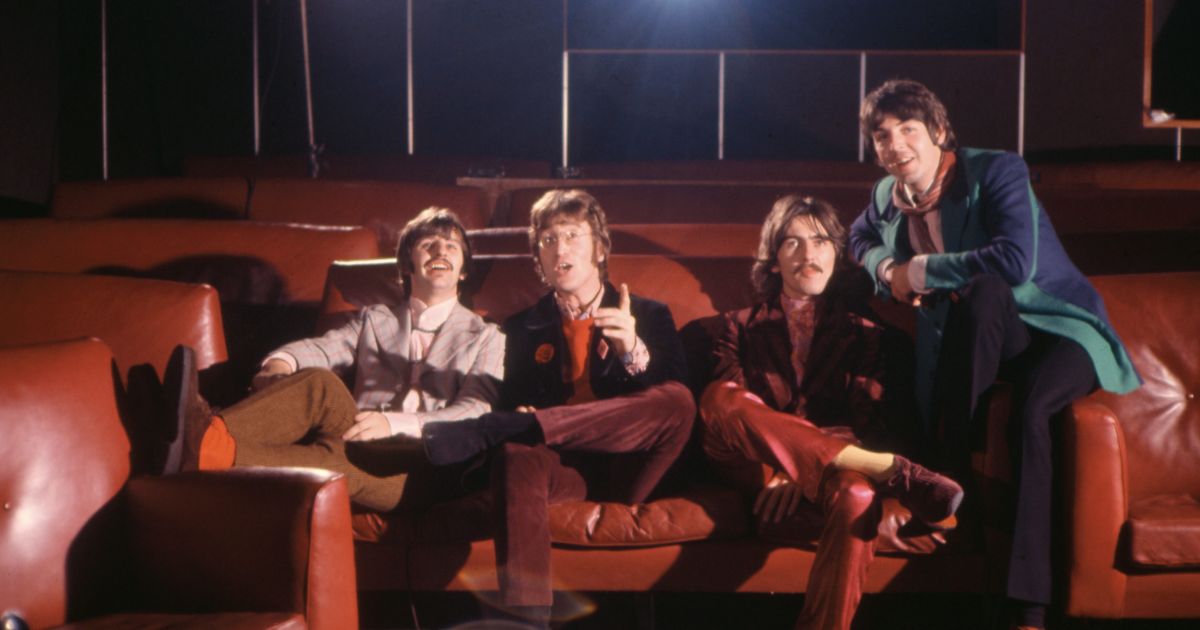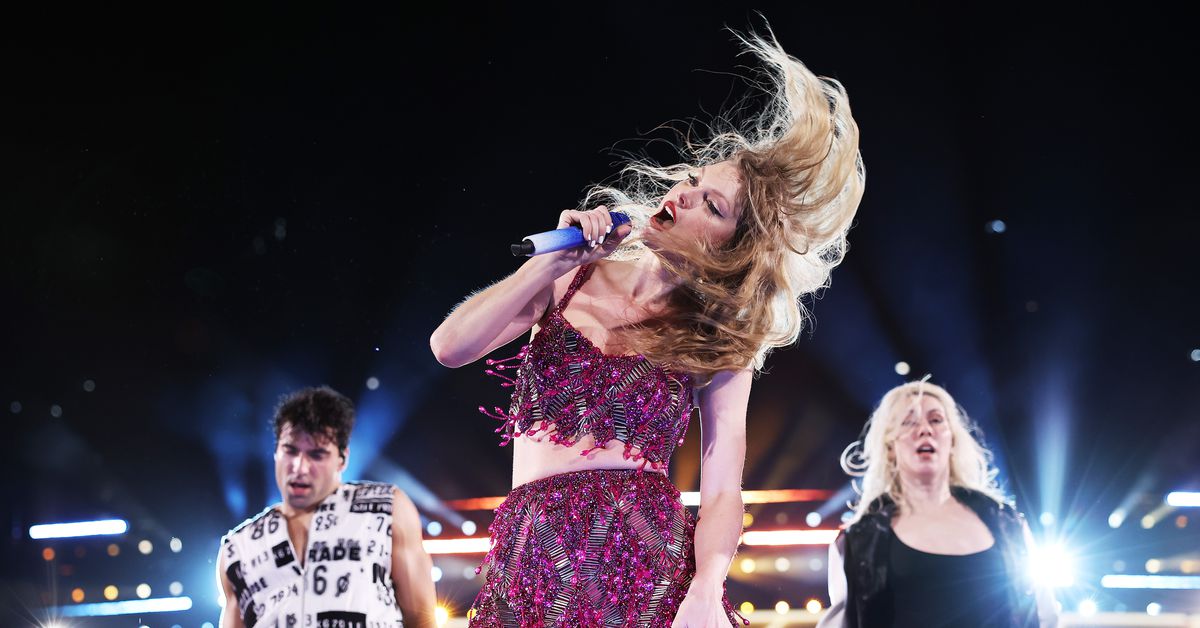
Documentary Review: A Famous Cook Responds to Natural Disasters — “We FeedPeople”
The closing image of “We Feed People, Ron Howard’s uplifting documentary about Chef José Andrés and the righteous work he and the non-governmental-organization charity he helped found, World Central Kitchen, is a kicker, one of documentary cinema’s great story-in-a-single-shot punchlines.
The vehicle the Spanish born D.C. restaurateur is driving and talking about his work in — on this occasion, getting food to people locked-down by COVID — sputters and quits.
“Oh s–t!” the gregarious Andrés bellows. “We ran out of gas!”
Driving on “e” for “four hours” will do that, he admits as he lights up a cigar and decides what to do next. He’s so into the work he’s pioneered, showing up in disaster zones and feeding the masses, “making sure food is an agent of change,” talking up the WCK, that he forgot to gas up.
“Chefs operate in chaos” his fellow WCK team members have warned us. We’ve seen enough Gordon Ramsay and “Iron Chef” TV shows to know that already. Here. an empty gas tank is just another chaotic obstacle to overcome.
Starting 12 years ago with the Haitian earthquake, the beloved celebrity chef turned his intense focus on hunger, not just haute cuisine. He kept his charity’s organizing principle simple.
“People are hungry” in these extreme situations. “You cook. You feed them.”
“We Feed People” follows Andrés and his staff through their steep-learning curve. They showed up in Haiti with no plan, just a little cash and a notion of what was required to get a lot of people fed, and quickly. Andrés laughs at his Michelin star ego being put in check when the smiling Haitian women helping him cook let him know that he was fancy-chef’s-hat overthinking his treatment of local ingredients. WCK had to master cooking “what the locals would love to eat” in every new situation.
So maybe that Catalan sailor’s stew will work here, or maybe beans pureed the Haitian way would better comfort the shellshocked survivors.
He maxed out his credit cards buying food, “worrying about paying for it (through donations) later,” in battling the “botched response” to the Puerto Rican crisis brought on by Hurricane Maria. But there, he and his team figured out how to network chef-to-local-chef, cook-to-cook, to find big kitchens still operational and food trucks that could be brought in to cook the ingredients they helped him source all over the ravaged island.
At a volcano in Guatemala, another hurricane in the Bahamas, dealing with COVID shortages at Navajo Indian reservations and helping to feed migrant farm workers during the pandemic, we see WCK team members pitching in with, and asking for or giving assistance to the Red Cross (“the big brother in natural disaster relief,” Andrés calls them, not in an Orwellian way), the Salvation Army and the Federal Emergency Managements Agency (FEMA).


FEMA officials under the disgraced former president Trump tried to label Andrés a “hustler” working for profit there, which gets his back up. No, he’s not taking a penny.
He loses his temper, now and again, at disorganization or team members who ignore the lessons of earlier disasters and might, he fears, start a food riot.
Mostly though, Andrés bubbles over with enthusiasm, leading like a cheerleader with his sleeves rolled-up, supervising the cooking himself.
“You want a plate?” he asks small boys near one disaster kitchen site. “Come on. I cook it. It’s good!”
He ‘s just eschews the name “chef,” although everybody on his team can sound like a loyal kitchen crew, with their “Yes, chef” responses to his orders. To strangers he’s working with or serving who don’t recognize the garrulous man with a film crew following him, he’s just José
“I love the word ‘cook,'” he says. In Spanish, “‘cocinero’ is a very romantic image — on the stove, with the fire.”
And for all the widening efforts of WCK — working towards “empowering local” businesses and cooks with better access to food, all the inspiration he took from mentor Robert Eggers, who ran the D.C. soup kitchen where Andrés, all the demands of family and celebrity and “business,” that’s the picture that emerges of the only real rival to Dolly Parton among America’s most righteous and famous.
He’s a cook. You’re hungry? Let’s see what we can whip up for you — 500,000 of you a day, in Puerto Rico at one point.
But maybe leave somebody else in charge of gassing up.

Rating: some profanity
Cast: José Andrés, Maisie Wilhelm, Nate Mook, Joe Biden, many others
Credits: Directed by Ron Howard. A National Geographic release (May 27 on Disney+, NatGeo.com)
Running time: 1:29

















































































